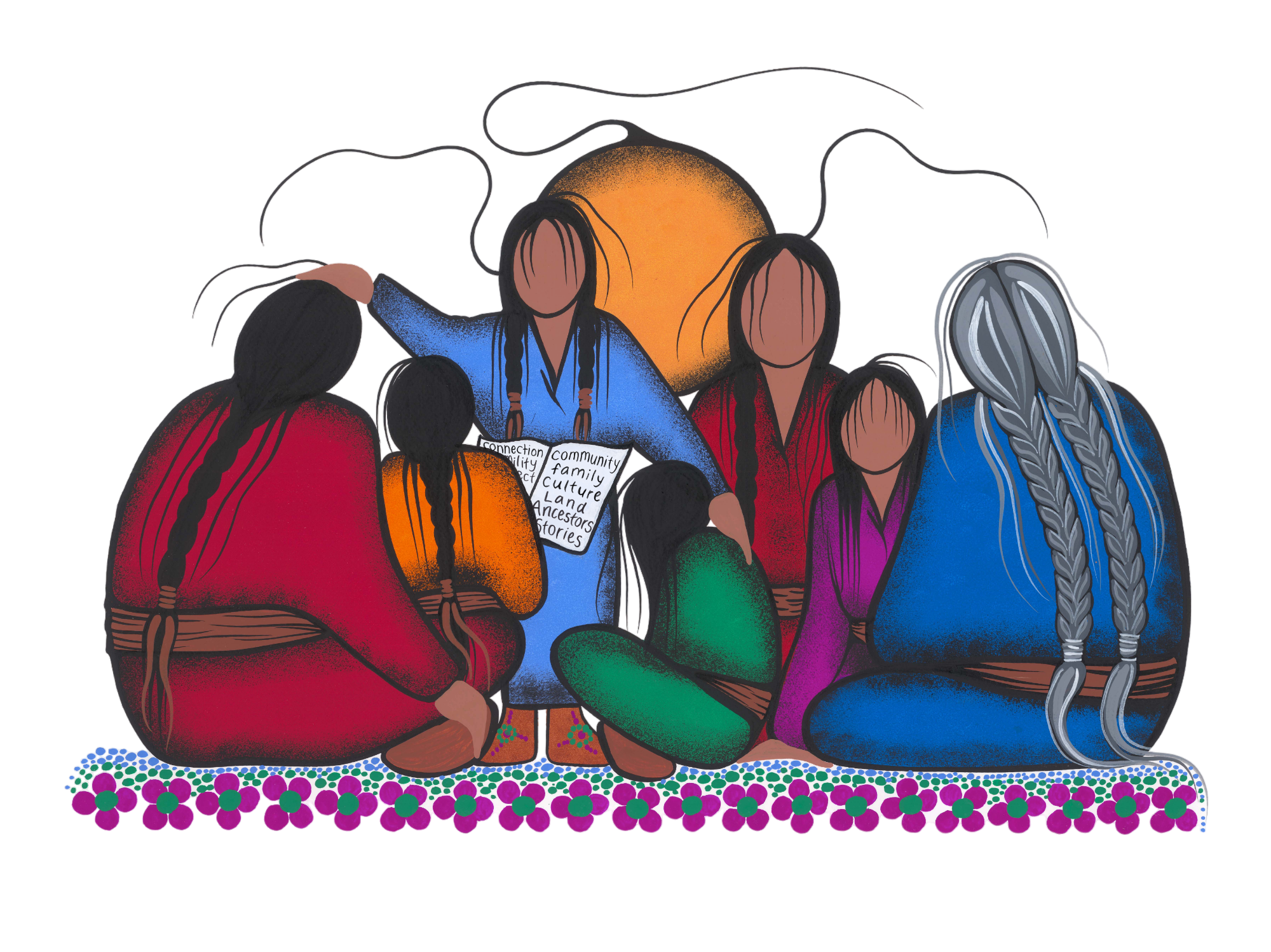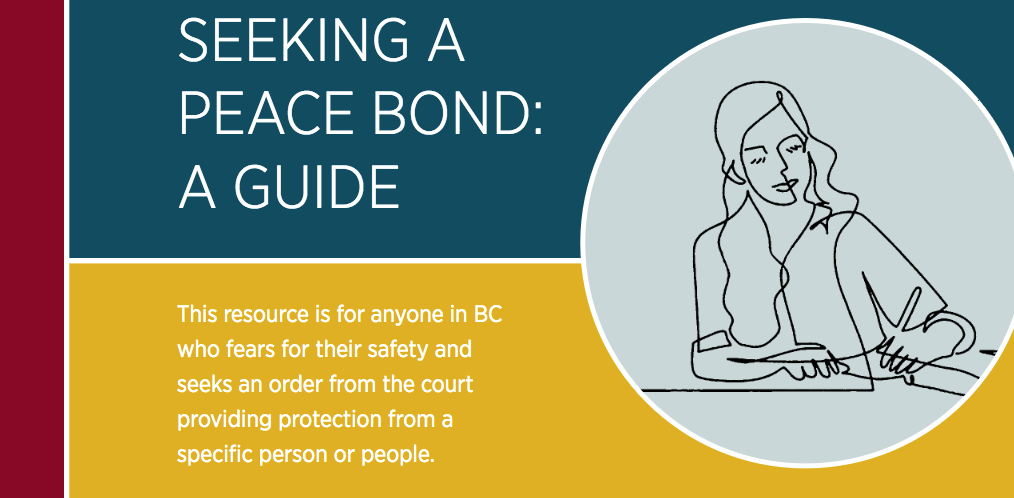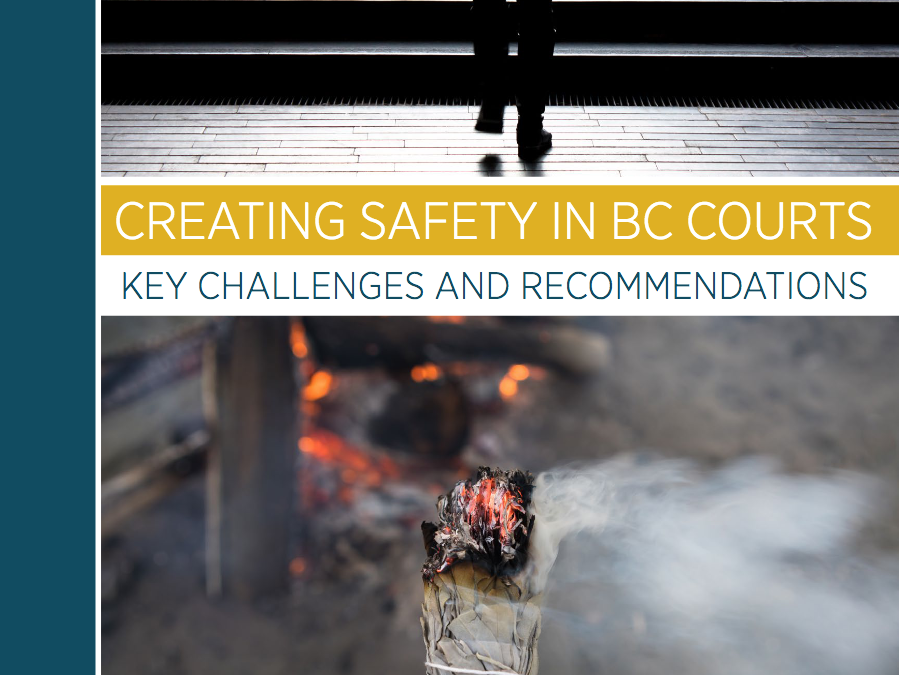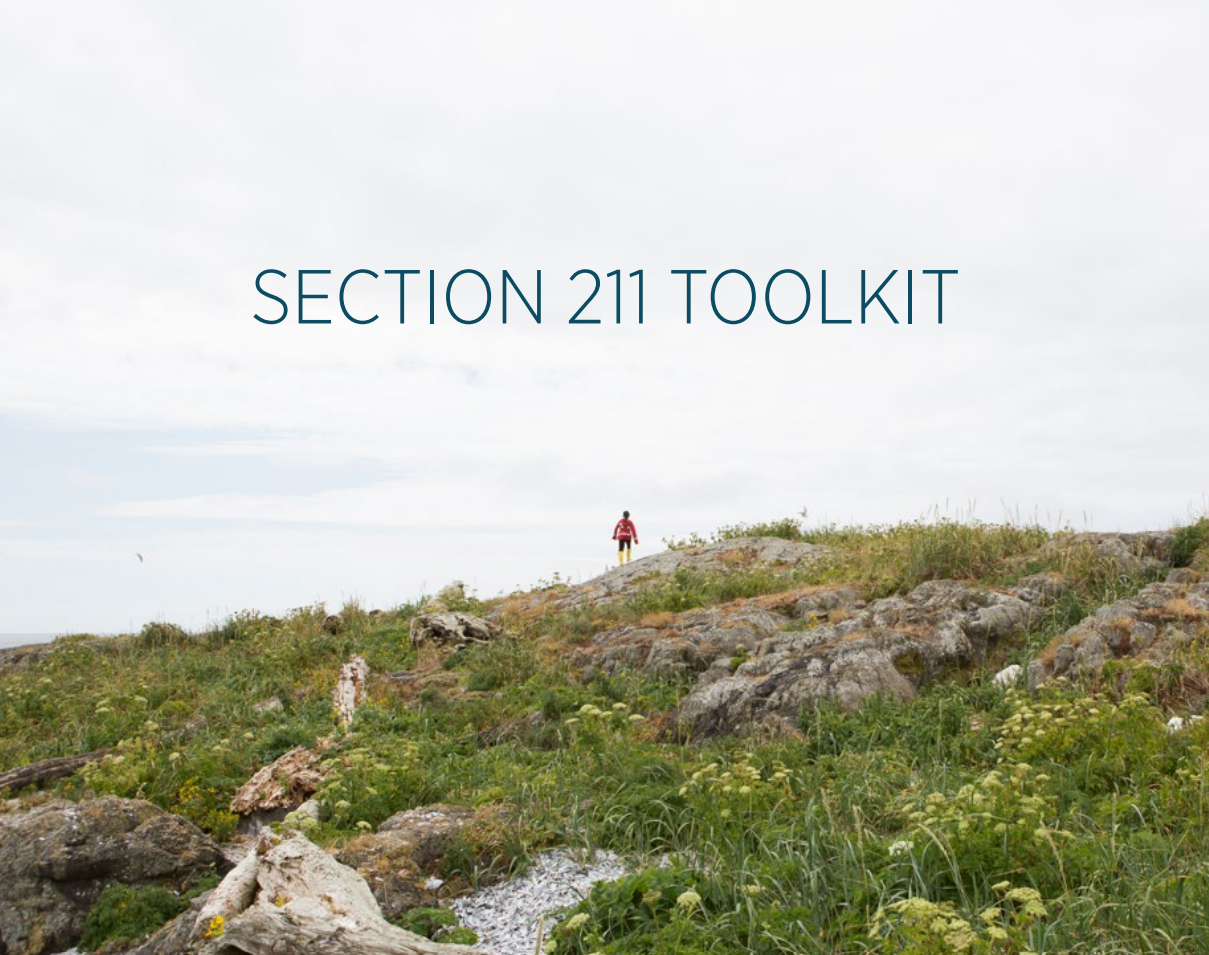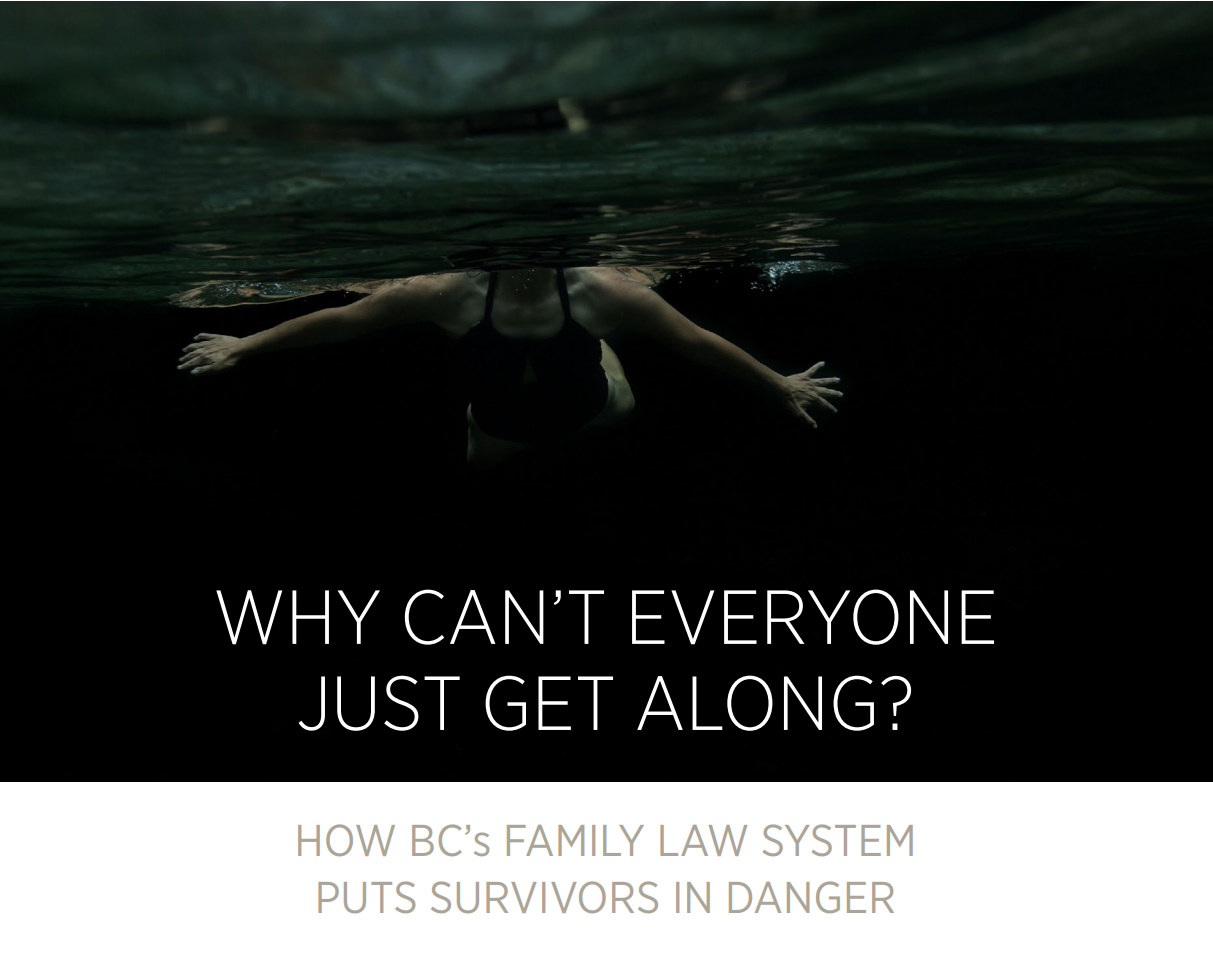Our work with Community Partners
Through the Virtual Legal Clinic, we work closely with Community Partners across the province. If you are a Community Partner and family law advocate, see here.
The purpose of the Community Partner model is to provide wrap around services including local support, access to safe space, and support in implementing legal advice.
Our Community Partners can access:
legal navigation,
summary legal advice at Rise or through volunteer lawyers for self-representing clients,
support from Family Advocate Support Line (FASL) lawyer and Indigenous Family Advocate Support Line (IFASL) lawyer,
access to training, online learning (for family law advocates only) and all publications,
additional support from the Virtual Legal Clinic.
How our services work for self-representing clients?
We recommend reading how we can support clients.
We do not provide representation for clients. If your client is seeking legal representation and is eligible for legal aid, please contact Legal Aid BC directly. We may be able to provide services for clients, who have been approved for legal aid but are waiting for a lawyer, or are coming to an end with legal aid hours. Please fill the online form and speak to the legal navigator.
Rise has a financial eligibility criteria for clients accessing our services. We strongly recommend to check if the client meets our financial eligibility criteria before submitting the online form
Steps for service
We recommend reading all our steps to clarify how our process works before filling our online form.
Step 1
Fill our online Request for Service form. We ask Community Partners to fill their emails, to which the appointment booking link is sent.
Step 2
Book an appointment with the legal navigator, who is not a lawyer. Booking link will be in the email sent after the form is submitted. Our emails sometimes end up in spam, please mark our email as a safe contact.
Step 3
This will depend on the information on the form. Navigators and program assistants review all incoming request forms.
-
If the navigators assess that the client qualifies for Legal Aid BC, an email with information to apply will be sent to the one provided on the form. In this case, the client’s appointment with the navigator will be canceled. If the client is denied legal aid, they can reach back to us and will not need to submit another form. You can reach back us at vlc@womenslegalcentre.ca.
-
At this stage, the navigator will also assess if the legal matter falls within our scope of services. For matters, Rise cannot help with, the navigators may provide information about legal and community resources that may be a better fit in the legal matter.
-
If the matter falls within our scope of services, and the client does not qualify for Legal Aid, speak with the navigator, who will assess for Rise’s financial eligibility and how the client can be best supported. Community partners are encouraged to attend the navigation call with the client.
Step 4
Depending on the call with the navigator, referrals may be made to:
internal program or service including summary advice service at Rise;
referral to a community organization better suited to assist;
another legal resource.
(this is not a complete list, the legal navigator is best suited to explore options with the client and you).
Questions regarding potential clients can be sent to vlc@womenslegalcentre.ca.
Questions regarding on-going clients accessing the Virtual Legal Clinic can be sent to bfung@womenslegalcentre.ca.
Questions about the Virtual Legal Clinic, Community Partners onboarding, resources and training can be sent to smelnyk@womenslegalentre.ca.
Assistance for Community Partners
Got questions about your clients or need support with a client file?
Clients do not need to be Rise’s clients for you to access the service.
You can access our Family Advocate Support Line (FASL) lawyer, who provides fast and comprehensive advice on routine and complex cases.
You can also access our Indigenous Family Advocate Support Line (IFASL) lawyer. IFASL is a dedicated phone line for Indigenous advocates and workers supporting Indigenous clients. IFASL is open to receiving questions on both family law and Child, Family. and Community Service Act (CFCSA) matters.
Note: Clients cannot book appointments for these services.
Training and Education
If you are a Family Law Advocate and community partner, see here. Community partners can attend some of our monthly trainings offered by the various programs:
Virtual Legal Clinic (VLC) training offerings.
Family Advocate Support Line (FASL) training are led by staff lawyer Taruna Agrawal
Indigenous Family Advocate Support Line (IFASL), training are led by Frances Rosner
Our training page can only be accessed with a password. Please email education@womenslegalcentre.ca to get the password. We are only able to provide people with organizational emails with passwords.
We also send monthly announcements for all our training for support workers. If you would like to be added to the mailing list, please complete information here. Have questions, email education@womenslegalcentre.ca
Upcoming training
Guides and Reports
FAQs
-
Many clients struggle with virtual services or have safety concerns, we ask that community partners assist clients:
with filling out the request for service form
book an appointment with the legal navigator
work with the program assistant to collect documents for the lawyer appointment.
support the client in a three-way online meeting attended by you. the client and the volunteer lawyer.
-
Appointments with lawyers can seem intimidating. Clients are navigating their family law matters, often while having concerns for their safety and the safety of their children. You as a community partner can
support the client in writing all the questions for the lawyer.
ensure the client has access to reliable internet and the equipment for seeking virtual services
coordinate with the client if they need to use your office space for the appointment.
-
help the client with documents or forms as per the lawyer’s instructions,
send the client’s documents to our office, and
follow up with the client after their meeting with a lawyer to schedule a follow-up meeting.
-
Although this may seem demanding on your time, during each client’s navigation, call we will discuss any supports that might be required, and who might be able to provide them. This could be yourself or another organization depending on program mandates. We will never ask you to operate outside your organization’s scope of practice or mandate and will collaborate with you to find the best available supports for our client.
-
Our community partner agreements are signed with an organization. This means multiple people from the same organization can be considered community partners. You can contact smelnyk@womenslegalcentre.ca for next steps.
-
A monthly meeting calendar is sent to everyone who is signed up on our mailing list. If you signed up and are not receiving emails, please check your Spam folder as our emails may end up there. To join the mailing list, email smelnyk@womenslegalcentre.ca
© 2024 Rise Women's Legal Centre. All rights reserved.





